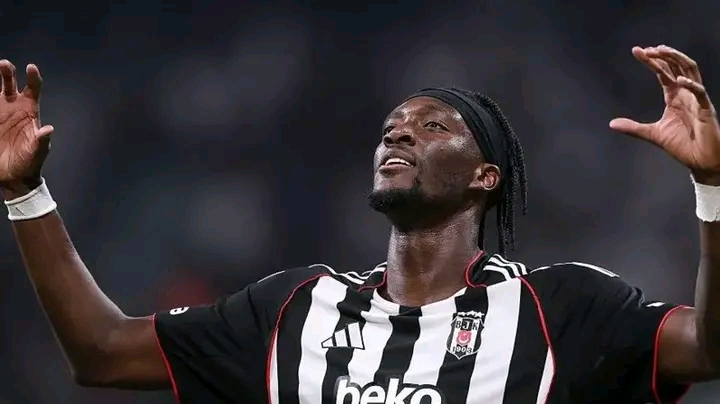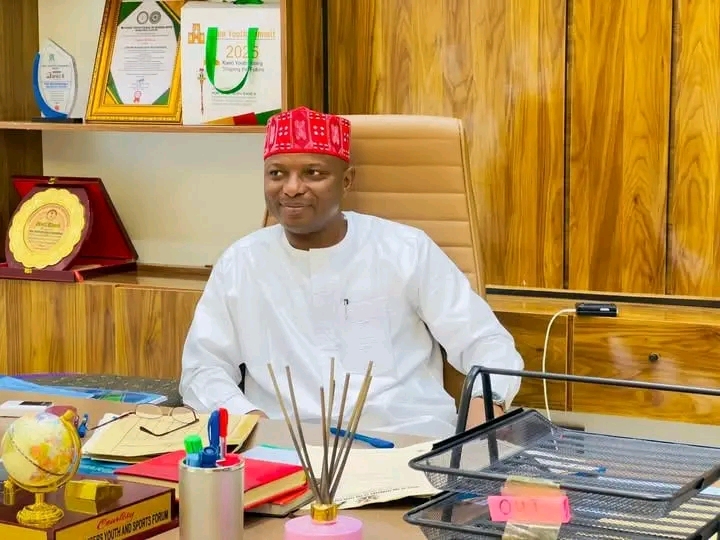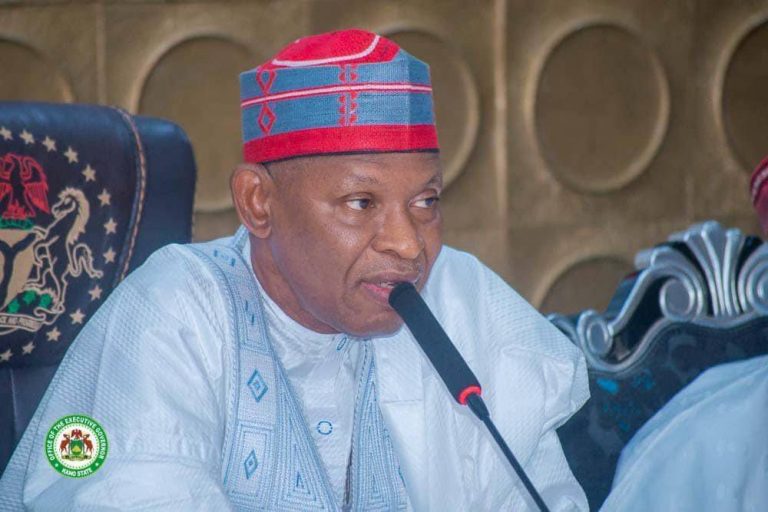From the Russian invasion of Ukraine to the repeal of abortion laws in the United States, here is a list of the most significant events in 2022.
War in Ukraine
On February 24, Russian President Vladimir Putin launches the largest European invasion since World War II, causing millions of Ukrainians to flee abroad.
The West imposes unprecedented sanctions on Moscow while also providing billions of dollars in aid to Ukraine. Russian forces were unable to take Kiev and overthrow President Volodymyr Zelensky’s government.
In the south, Russian forces seize most of Ukraine’s Black Sea coastline, including Mariupol, which is destroyed after a three-month siege.
Russian forces are accused of massacring dozens of civilians in the Kyiv suburb of Bucha in April.
Ukrainian forces are regaining ground in the northeast and south by September. Putin quickly annexes four Ukrainian regions partially controlled by Russia, a move condemned by the UN as illegal.
In November, Russian forces withdrew from Kherson, ending an eight-month occupation.
As the year comes to a close, Russian strikes continue to pound Ukraine’s energy infrastructure, causing power outages across the country as winter approaches.
On his first overseas trip since the invasion, Zelensky travels to Washington in December to address the US Congress, pleading for long-term US support.
British Politics in turmoil
Britain’s fifth conservative prime minister in six years takes office.
When a prime minister’s tenure is measured in “Scaramuccis,” it is never good. But that was the situation in the United Kingdom in 2022.
The country that once spanned the globe had three prime ministers in two months and also lost Queen Elizabeth II, the world’s longest reigning monarch, at the age of 96.
The immediate cause of the turmoil at 10 Downing Street was the resignation of more than fifty members of Boris Johnson’s government in July to protest the seemingly never-ending parade of scandals on his watch.
Liz Truss succeeded him after he agreed to resign. She was only in office for 45 days, or 4.1 Scaramuccis, the shortest tenure of any British prime minister in history. (Truss also has the distinction of being the last prime minister to be asked to form a government by Queen Elizabeth II.)
Truss was elected in a Conservative Party internal election in which only 0.3 percent of registered British voters were eligible to vote. She sealed her fate by slashing taxes immediately.
The British pound dropped in value as a result of the move. Rishi Sunak, who played a role in Johnson’s demise, was given the honor of attempting to pick up the pieces as Britain’s first prime minister of color. He is up against formidable odds.
Britain appears to be in a recession, with inflation running at 15%, owing in part to skyrocketing energy prices in the aftermath of Russia’s invasion of Ukraine.
The bigger issue, and the root cause of Britain’s turmoil, is that Brexit has not produced the economic boon that its supporters predicted. “Remainers” can say “I told you so,” but a return to the European Union is unlikely.
Queen Elizabeth 11 died
Longest reigning monarch in the Britain, Queen Elizabeth 11 died on September 8, 2022. The world mourned the monarch and her burial was an assemblage of world leaders. Her eldest son, Charles took over as King Charles III.
Abortion shock in America
In June, the United States Supreme Court overturns its landmark 1973 “Roe v Wade” decision, which enshrined a constitutional right to abortion nationwide, returning the issue to individual states.
Following the ruling, Republicans in 16 US states, home to 26.5 million women, enacted abortion bans.
The issue will have an impact on the midterm elections in November, as voters in several states support candidates who support abortion rights.
Xi consolidates control and pivots on Covid
President Xi Jinping consolidates power in China after winning a historic third term as leader of the world’s second-largest economy in November.
However, the Chinese are growing tired of the government’s signature zero-Covid strategy’s sudden lockdowns, mass testing, and movement restrictions.
Protests against the restrictions draw hundreds of people in Beijing, Guangzhou, Shanghai, Urumqi, Wuhan, and other cities. Some have even called for Xi’s resignation.
China’s warplane incursions into Taiwan’s air defense zone have increased dramatically, while Beijing conducts the largest military exercises in decades around the self-ruled island, alarming Taipei.
Beijing announces a relaxation of its zero-Covid policy in December, ending large-scale lockdowns and allowing some positive cases to be isolated at home.
It also states that quarantine measures for foreign visitors will be eliminated in the new year.
Heatwave after heatwave
Europe is experiencing its hottest summer on record, with temperatures reaching 40 degrees Celsius (104 degrees Fahrenheit) in the United Kingdom for the first time.
Parts of the Arctic and Antarctic, as well as China and the United States, are experiencing record temperatures.
Flooding has affected large areas of Pakistan, Nigeria has experienced its worst floods in a decade, and parts of drought-stricken Somalia are facing famine.
Developing countries finally succeed in convincing wealthy polluters to contribute to a “loss and damage” fund to compensate poorer countries for climate damage at the United Nations climate summit in Egypt (COP27).
Inflation stings
The invasion of Ukraine and the sanctions imposed on Russia cause an energy crisis on a scale not seen in half a century, with global gas and electricity prices skyrocketing.
Britain’s energy bills more than double in a year. Soaring energy prices are also contributing to Sri Lanka’s cost-of-living crisis, which forced then-President Gotabaya Rajapaksa to flee abroad in August.
Global inflation soars, prompting central banks to aggressively raise interest rates, raising concerns about another major debt crisis.
The far-right is on the rise
In Europe, the far-right is making unprecedented gains.
Giorgia Meloni, a post-fascist firebrand, is elected as Italy’s most right-wing leader since World War II.
Sweden Democrats, who are anti-immigrant, are the big winners in a general election that brings conservatives to power in that country.
In France, President Emmanuel Macron’s parliamentary majority is being eroded by a surge by both the far right and the hard left. However, in Latin America, the right is on the decline.
Luiz Inacio Lula da Silva, a veteran left-winger, makes a stunning comeback in Brazil, defeating far-right incumbent Jair Bolsonaro. Colombia and Honduras also elect left-wing leaders.
The Great Unveiling of Iran
The death of Mahsa Amini, 22, after her arrest for alleged violations of the country’s Islamic dress code, has sparked the largest protests in years in Iran.
Women and girls defiantly remove their headscarves on the street and on social media, posing an unprecedented challenge to the country’s clerical leadership.
Iran is attempting to quell the protests by executing some of the protesters.
On December 8, Mohsen Shekari, 23, becomes the first protester to be executed by authorities. Majidreza Rahnavard, 23, is hanged in public four days later.
According to the UN, Iran’s security forces killed at least 469 people during the protests, and at least 14,000 people were arrested, according to the Oslo-based monitor Iran Human Rights on December 19.
Ethiopia is at peace
After two years of conflict that has killed countless civilians and resulted in near-famine conditions in Tigray, Ethiopia’s government and Tigrayan rebels have reached a historic peace agreement.
The agreement allows for the resumption of critical humanitarian aid to the northern region.
Qatar 2022 FIFA World Cup
Qatar was the first-ever County that host Fifa World Cup in the northern hemisphere winter from November 20 to December 18, 2022.
The tournament featured 32 nations and begin with the group stage (eight groups of four) from November 20 to December 2. The round of 16 will take place from December 3-6, the quarter-finals on December 9-10, and the semi-finals on December 13-14.
The 2022 FIFA World Cup final will be held on Sunday, December 18, at Doha’s Lusail Stadium.
Some fans boyccot the tournament in Qatar due to human rights concerns and the high number of deaths among migrant workers involved in the construction of eight new stadiums.
The conservative Islamic kingdom’s decision to ban alcohol from stadiums is also bittersweet, but as the tournament progresses, attention shifts to the on-pitch drama.
Argentina were crowned the champions after winning the final against the title holder France 4–2 on penalties following a 3–3 draw after extra time.
Argentine captain Lionel Messi was voted the tournament’s best player, winning the Golden Ball. Teammates Emiliano Martínez and Enzo Fernández won the Golden Glove, awarded to the tournament’s best goalkeeper, and the Young Player Award, awarded to the tournament’s best young player, respectively. The tournament, with 172 goals, set a new record for the highest number of goals scored with the 32 team format.
The choice to host the World Cup in Qatar attracted significant criticism, with concerns raised over the country’s treatment of migrant workers, women and members of the LGBT community, as well as Qatar’s climate, lack of a strong football culture, scheduling changes, and allegations of bribery for hosting rights and wider FIFA corruption.
Advertisement




